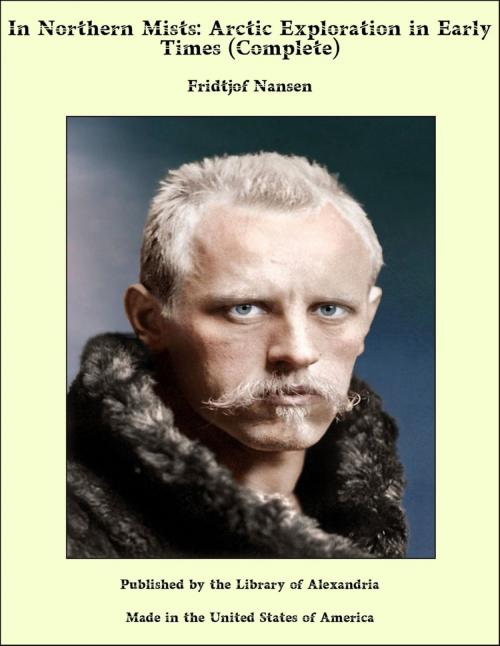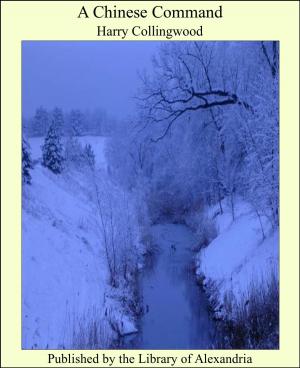In Northern Mists: Arctic Exploration in Early Times (Complete)
Nonfiction, Religion & Spirituality, New Age, History, Fiction & Literature| Author: | Fridtjof Nansen | ISBN: | 9781465549013 |
| Publisher: | Library of Alexandria | Publication: | July 29, 2009 |
| Imprint: | Library of Alexandria | Language: | English |
| Author: | Fridtjof Nansen |
| ISBN: | 9781465549013 |
| Publisher: | Library of Alexandria |
| Publication: | July 29, 2009 |
| Imprint: | Library of Alexandria |
| Language: | English |
This book owes its existence in the first instance to a rash promise made some years ago to my friend Dr. J. Scott Keltie, of London, that I would try, when time permitted, to contribute a volume on the history of arctic voyages to his series of books on geographical exploration. The subject was an attractive one; I thought I was fairly familiar with it, and did not expect the book to take a very long time when once I made a start with it. On account of other studies it was a long while before I could do this; but when at last I seriously took the work in hand, the subject in return monopolised my whole powers. It appeared to me that the natural foundation for a history of arctic voyages was in the first place to make clear the main features in the development of knowledge of the North in early times. By tracing how ideas of the Northern World, appearing first in a dim twilight, change from age to age, how the old myths and creations of the imagination are constantly recurring, sometimes in new shapes, and how new ones are added to them, we have a curious insight into the working of the human mind in its endeavour to subject to itself the world and the universe. But as I went deeper into the subject I became aware that the task was far greater than I had supposed: I found that much that had previously been written about it was not to be depended upon; that frequently one author had copied another, and that errors and opinions which had once gained admission remained embedded in the literary tradition. What had to be done was to confine ones self to the actual sources, and as far as possible to build up independently the best possible structure from the very foundation. But the more extensive my studies became, the more riddles I perceived—riddle after riddle led to new riddles, and this drew me on farther and farther
This book owes its existence in the first instance to a rash promise made some years ago to my friend Dr. J. Scott Keltie, of London, that I would try, when time permitted, to contribute a volume on the history of arctic voyages to his series of books on geographical exploration. The subject was an attractive one; I thought I was fairly familiar with it, and did not expect the book to take a very long time when once I made a start with it. On account of other studies it was a long while before I could do this; but when at last I seriously took the work in hand, the subject in return monopolised my whole powers. It appeared to me that the natural foundation for a history of arctic voyages was in the first place to make clear the main features in the development of knowledge of the North in early times. By tracing how ideas of the Northern World, appearing first in a dim twilight, change from age to age, how the old myths and creations of the imagination are constantly recurring, sometimes in new shapes, and how new ones are added to them, we have a curious insight into the working of the human mind in its endeavour to subject to itself the world and the universe. But as I went deeper into the subject I became aware that the task was far greater than I had supposed: I found that much that had previously been written about it was not to be depended upon; that frequently one author had copied another, and that errors and opinions which had once gained admission remained embedded in the literary tradition. What had to be done was to confine ones self to the actual sources, and as far as possible to build up independently the best possible structure from the very foundation. But the more extensive my studies became, the more riddles I perceived—riddle after riddle led to new riddles, and this drew me on farther and farther















